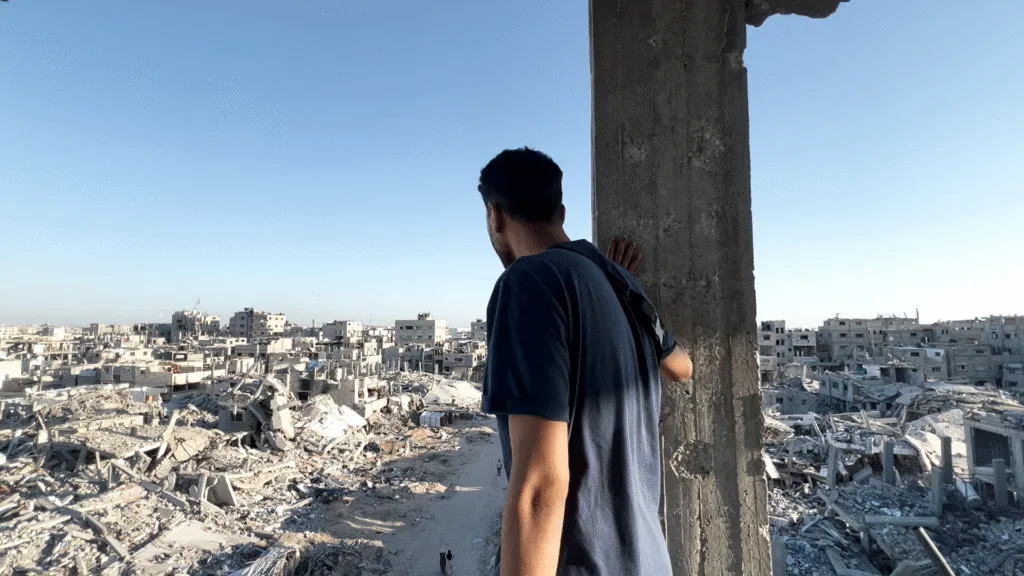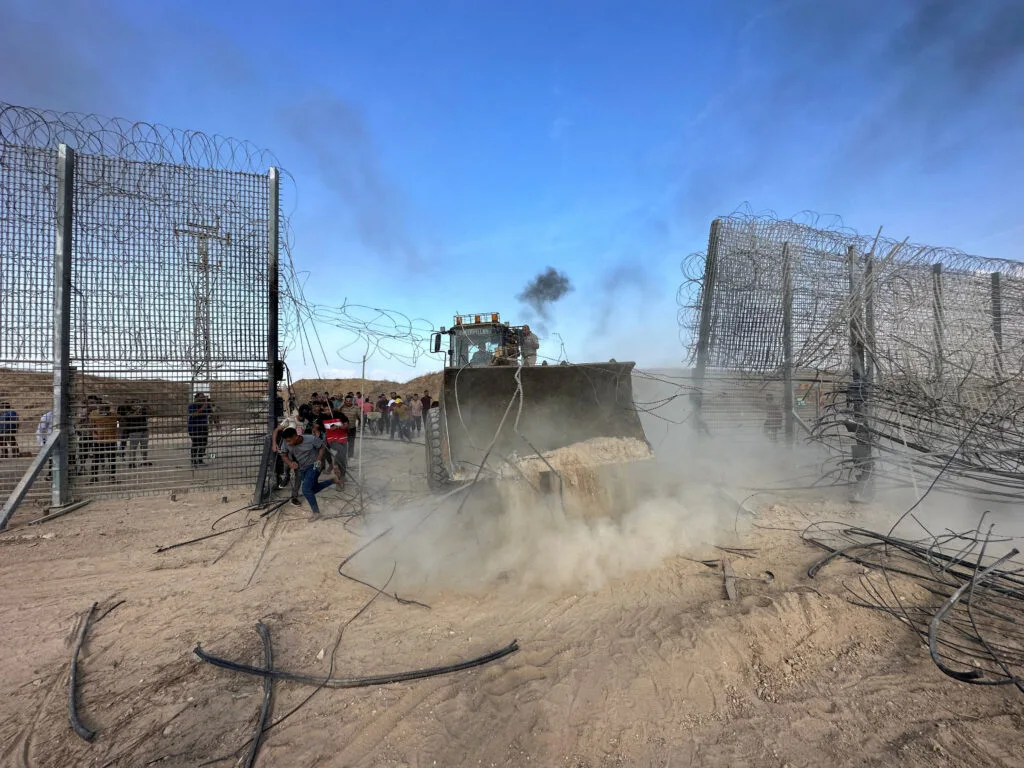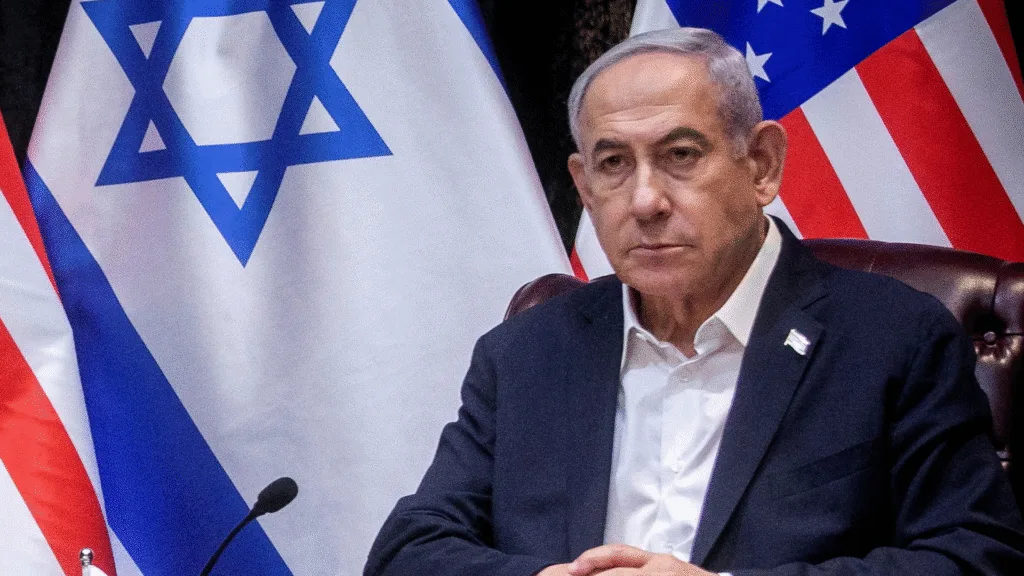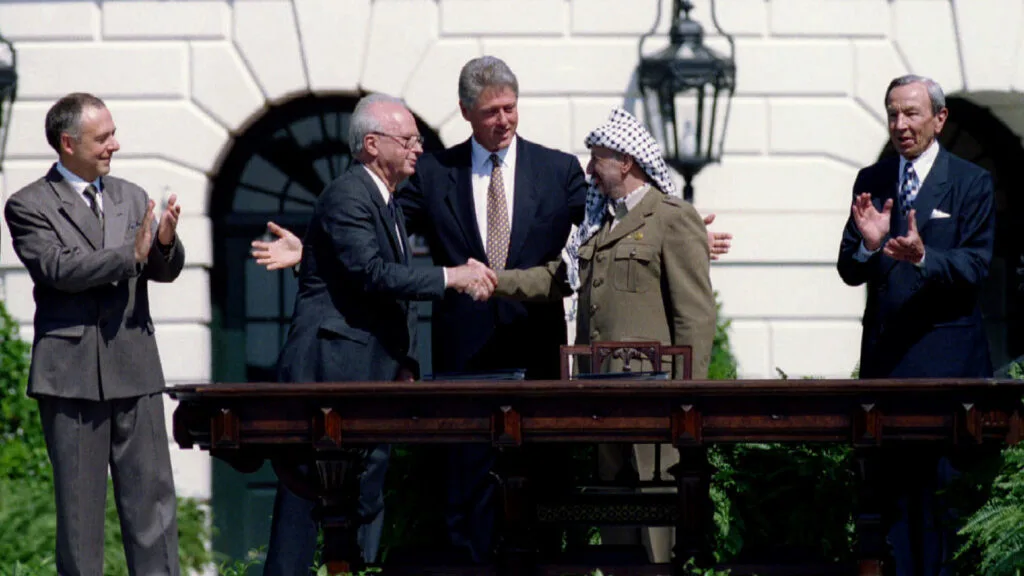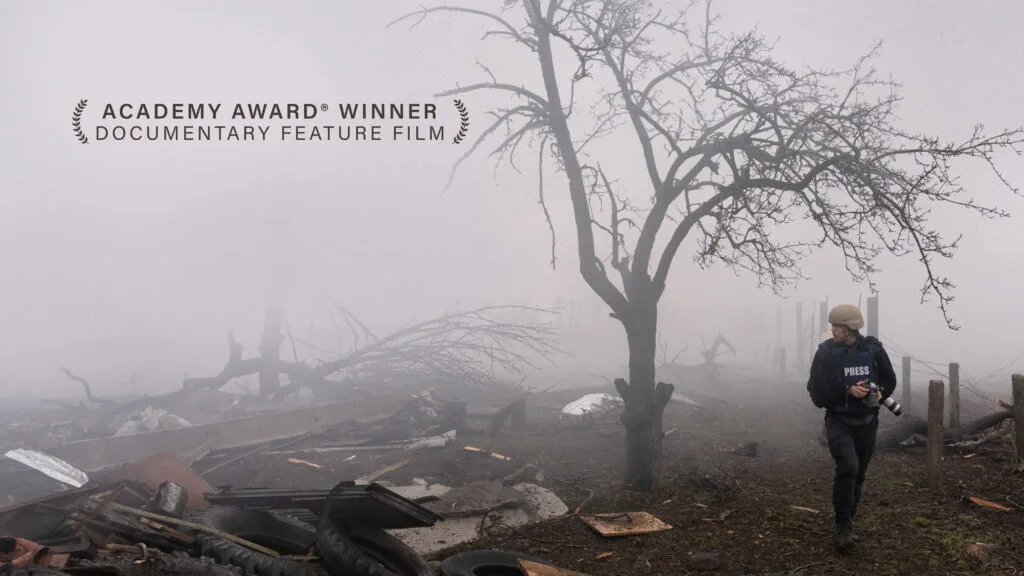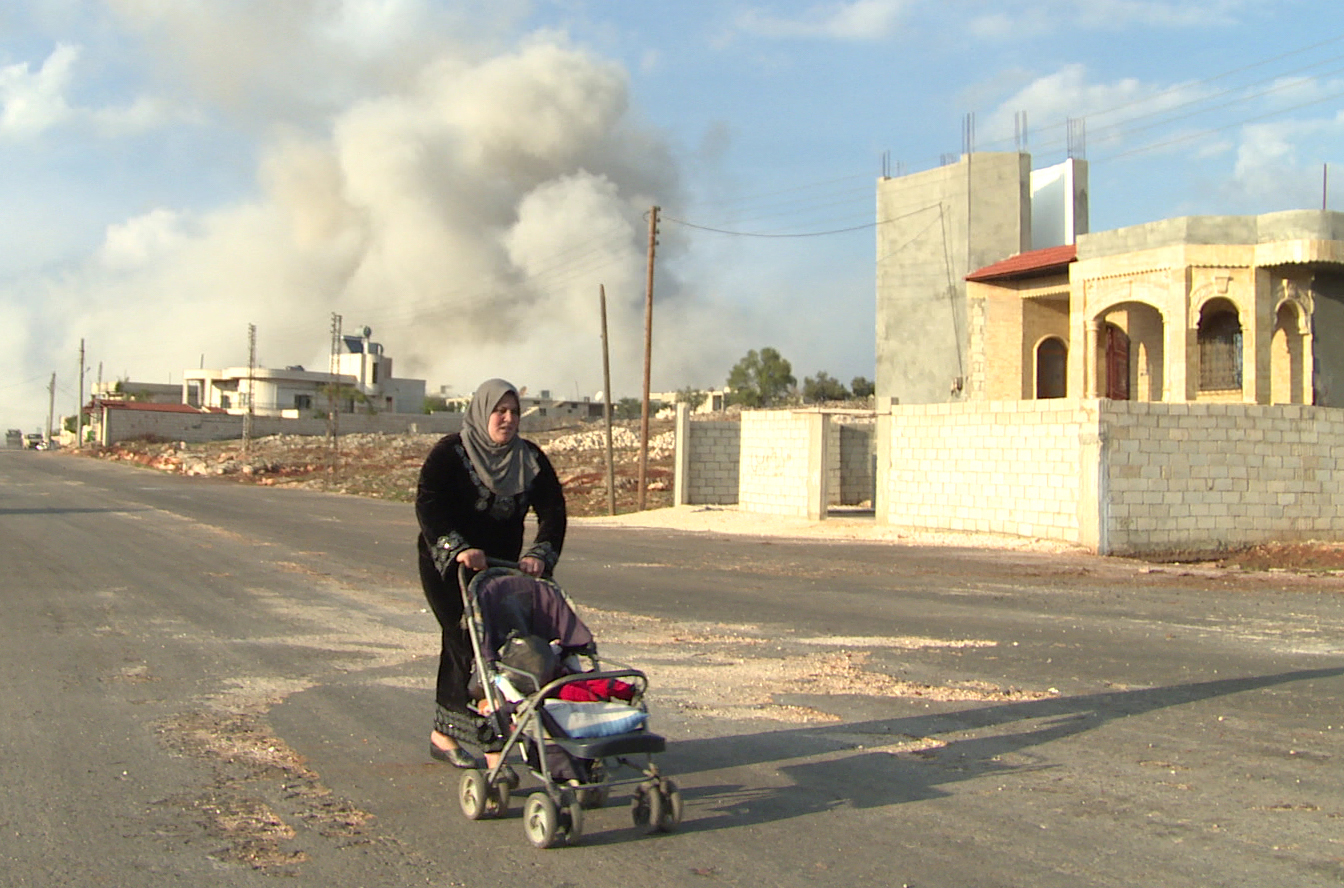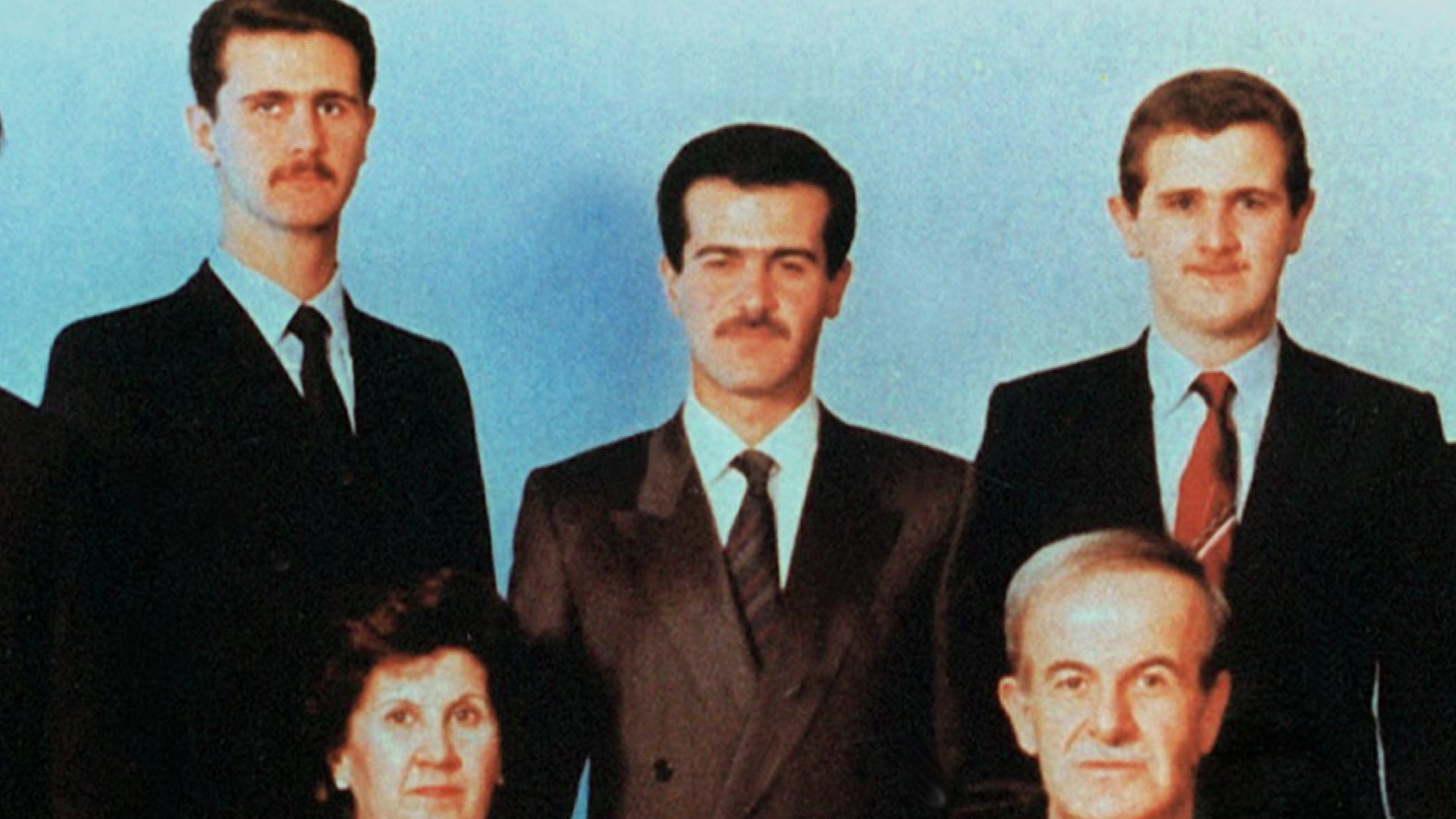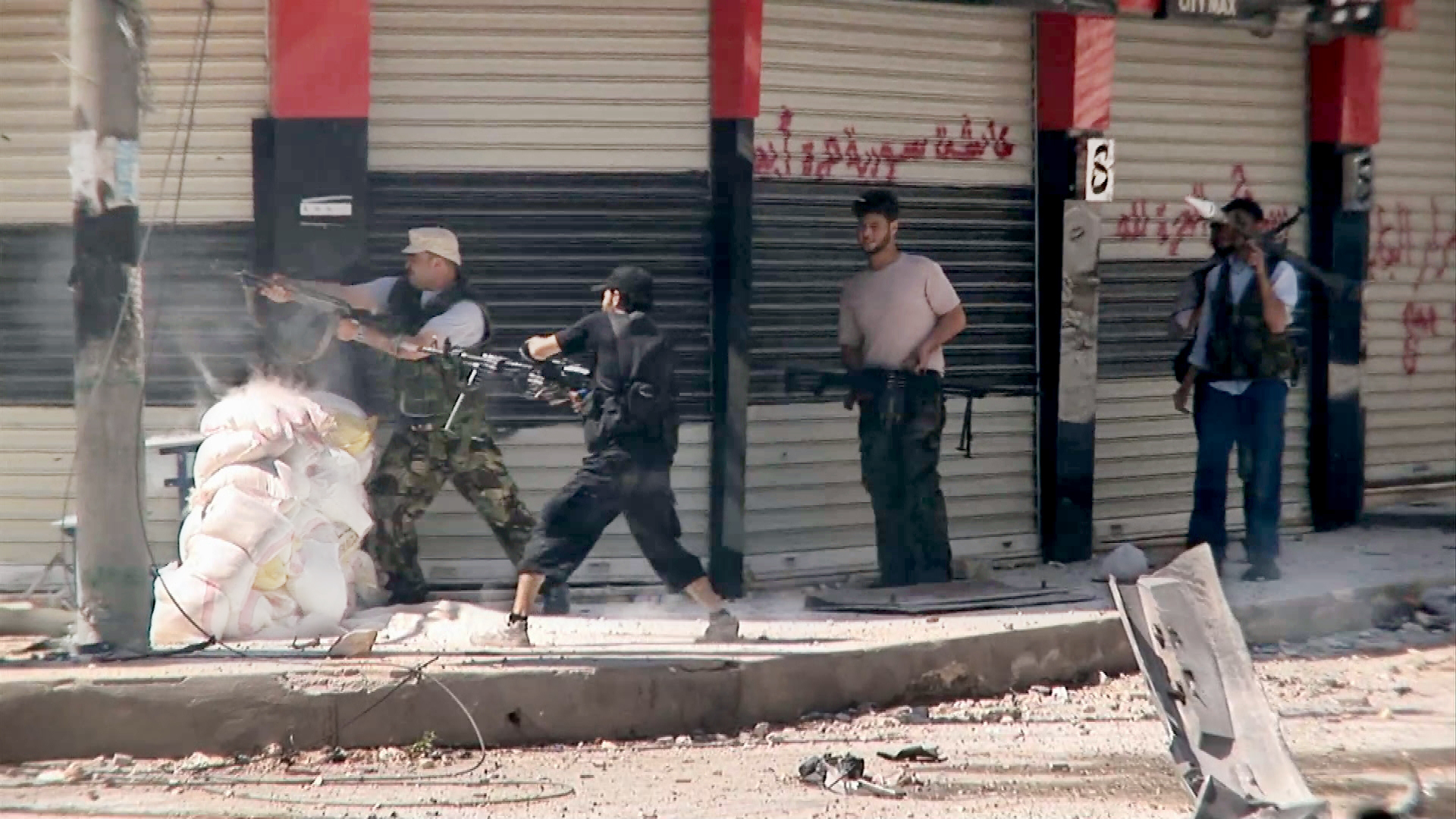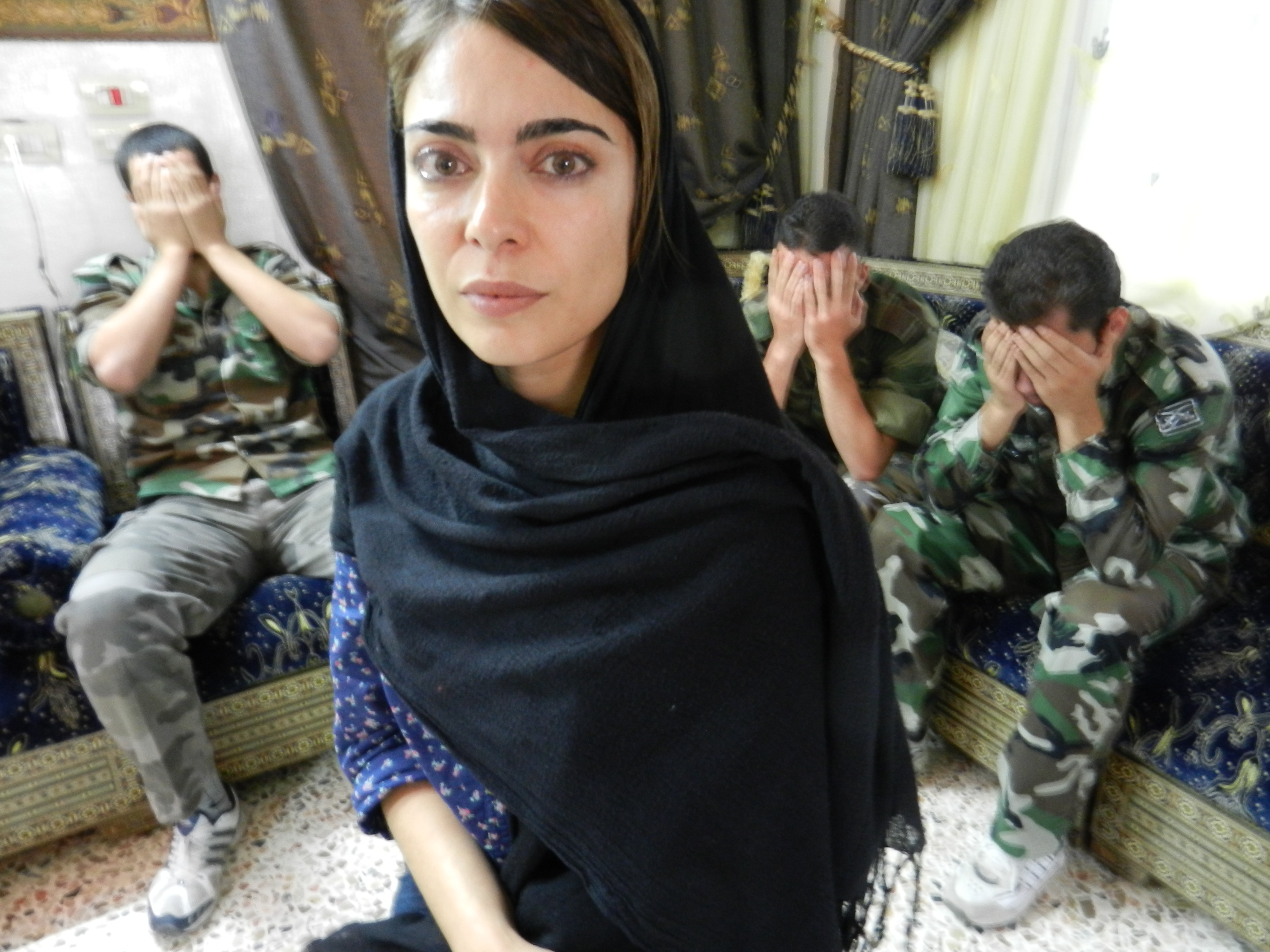With Russian Support, U.N. Security Council Adopts Watered-Down Statement on Syria
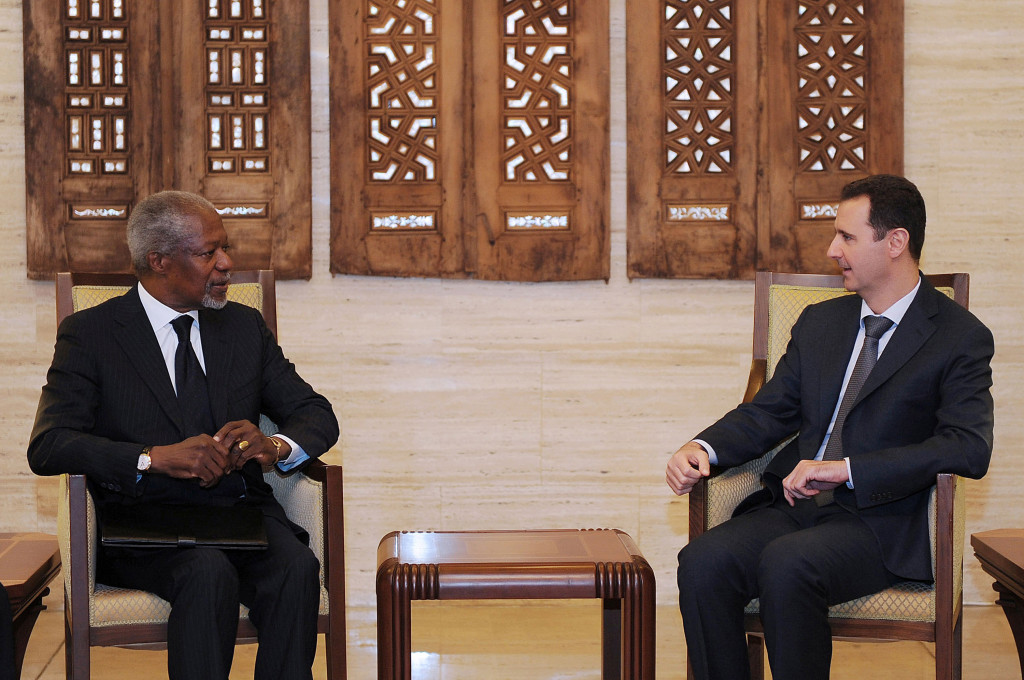
March 21, 2012
Share
After months of diplomatic stalemate resulting from the objections of Russia and China, the U.N. Security Council unanimously adopted a statement on the crisis in Syria today.
The nonbinding statement calls on the Syrian government and the opposition to immediately implement a six-point proposal by Kofi Annan, the recently-appointed U.N. and Arab League envoy to Syria.
The proposals in Annan’s plan require the Syrian government to:
- Work with Annan towards “an inclusive Syrian-led political process to address the legitimate aspirations and concerns of the Syrian people”;
- Cease troop movements towards and the use of heavy weapons in population centers, and begin drawing down its military presence in and around those centers;
- Implement a daily two-hour pause in fighting to ensure timely humanitarian assistance;
- “Intensify the pace and scale” of releasing those who have been “arbitrarily detained”;
- Implement a nondiscriminatory visa policy towards journalists and ensure their freedom of movement;
- Respect “freedom of association and the right to demonstrate peacefully.”
The U.N.’s statement does not call for Syrian President Bashar al-Assad to step down, and notes that Annan will also seek “similar commitments” from the opposition to stop the fighting.
Russia and China have twice vetoed U.N. resolutions aimed at addressing the crackdown, and the new statement was watered down by France in an effort to win their support.
An earlier draft had included a seven-day timetable to review implementation and consider “further measures” if progress was insufficient — including sanctions or military action — but that threat was dropped, according to the Associated Press.
Instead, the statement requests that Annan “update the Council regularly and in a timely manner on the progress of his mission.” Based on those reports, it will “consider further steps as appropriate.”
Meanwhile, Syrian security forces “relentlessly pounded” the neighborhood of Khaldiya in Homs yesterday and today, killing 25 civilians, according to activists there. The area had become a refuge for those who fled or were displaced from other besieged districts in the city.
The U.N. estimates that more than 8,000 Syrians have been killed since the uprising broke out a year ago.
Related Documentaries
Latest Documentaries
Related Stories
Related Stories
Explore
Policies
Teacher Center
Funding for FRONTLINE is provided through the support of PBS viewers and by the Corporation for Public Broadcasting, with major support from Ford Foundation. Additional funding is provided the Abrams Foundation, Park Foundation, John D. and Catherine T. MacArthur Foundation, Heising-Simons Foundation, and the FRONTLINE Trust, with major support from Jon and Jo Ann Hagler on behalf of the Jon L. Hagler Foundation, and additional support from Koo and Patricia Yuen. FRONTLINE is a registered trademark of WGBH Educational Foundation. Web Site Copyright ©1995-2025 WGBH Educational Foundation. PBS is a 501(c)(3) not-for-profit organization.




